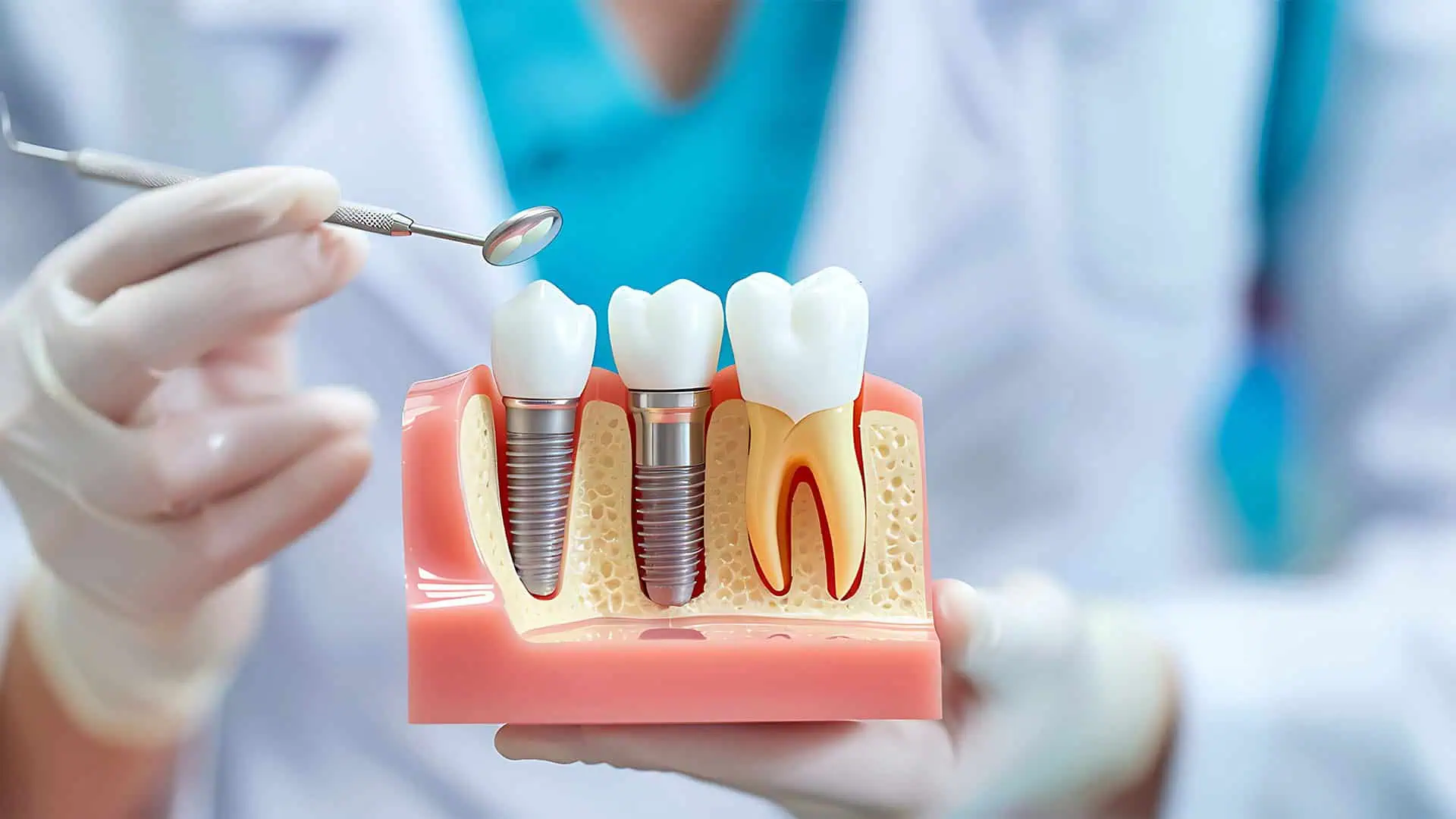Dental implants are widely regarded as one of the most effective solutions for tooth replacement. While the procedure boasts a high success rate, it’s natural to wonder about possible risks or complications. Understanding what can go wrong with dental implants and how such issues are handled in Dubai can help patients make informed decisions and feel more confident about their treatment journey.

Common Complications With Dental Implants:
Dental implants(زراعة الأسنان) are typically safe, but like any medical procedure, they are not completely free from risk. Some patients may experience mild discomfort while others may encounter more serious complications. The good news is that most issues are rare and manageable with prompt care.
Implant Failure or Rejection:
Though uncommon, an implant may fail to integrate with the jawbone. This is known as osseointegration failure. The body may reject the implant due to insufficient bone density, infection, or an autoimmune response. Smoking and uncontrolled diabetes are also risk factors for implant failure.
Infection at the Implant Site:
Infections such as peri-implantitis may develop around the implant. This condition is similar to gum disease and can affect the surrounding bone and tissue. Early symptoms include swelling, bleeding, and pain around the implant.
Nerve or Tissue Damage:
Improper placement can sometimes lead to nerve damage, causing numbness, tingling, or pain in the chin, lips, or gums. This is rare but can occur if the implant is placed too close to a nerve.
Sinus Issues:
For implants placed in the upper jaw, especially near the back teeth, there’s a slight risk of sinus complications. This can happen if the implant protrudes into the sinus cavity. Pre-surgical imaging in Dubai helps reduce such risks significantly.
How Are Implant Issues Handled in Dubai?
Dubai is known for high standards in healthcare and state-of-the-art dental clinics. Patients can expect prompt and professional care in case of complications. The approach to managing implant-related issues involves several steps:
Thorough Diagnostics:
If complications arise, the first step involves detailed imaging such as X-rays or 3D scans to determine the exact problem. This allows for precise diagnosis and tailored treatment plans.
Infection Control:
In cases of infection, the affected area is cleaned thoroughly. Patients may be prescribed antibiotics, and in severe cases, the implant may be removed temporarily. Once the infection is resolved, a new implant can often be placed successfully.
Revision Procedures:
If an implant fails or causes nerve or sinus issues, corrective surgery or repositioning may be recommended. In Dubai, these procedures are typically performed using advanced techniques to minimize discomfort and recovery time.
Long-Term Monitoring:
Dental professionals in Dubai emphasize follow-up care. Regular check-ups ensure that any early signs of trouble are detected and addressed quickly, preserving the longevity of the implant.
FAQs:
Can dental implant failure be prevented?
Yes, with proper planning, good oral hygiene, and avoiding habits like smoking, most risks can be minimized.
What happens if an implant fails?
The implant can be safely removed and replaced after proper healing or bone grafting if needed.
Is pain months after an implant normal?
Mild sensitivity can persist, but ongoing pain should be checked immediately to rule out infection or other issues.
How soon can problems occur after implant placement?
Complications may occur within days or even months. Regular dental visits help in early detection and management.
Do implants require regular maintenance?
Yes, just like natural teeth, dental implants need regular cleaning and routine professional check-ups.
Conclusion:
While dental implants(زراعة الأسنان) are generally a safe and successful tooth replacement option, it’s important to be aware of potential risks and complications. Fortunately, in Dubai, patients benefit from advanced diagnostics, highly skilled care, and proactive treatment approaches. By choosing a reputable provider and adhering to proper aftercare, most implant issues can be managed effectively, ensuring a long-lasting and confident smile.

